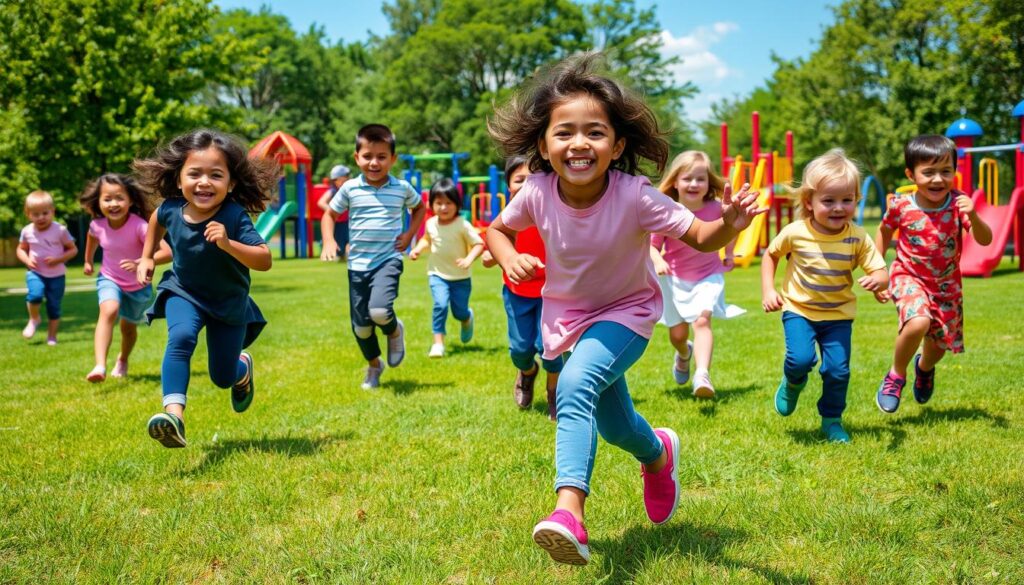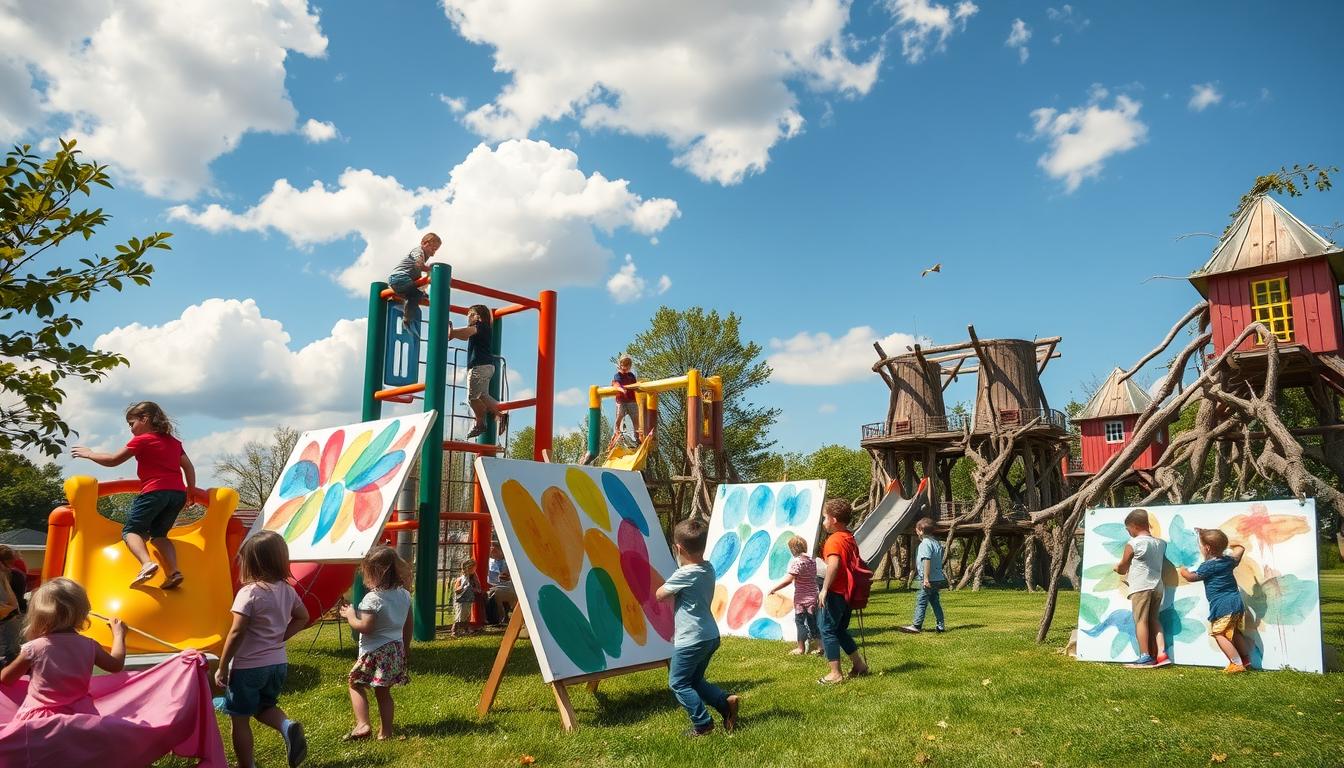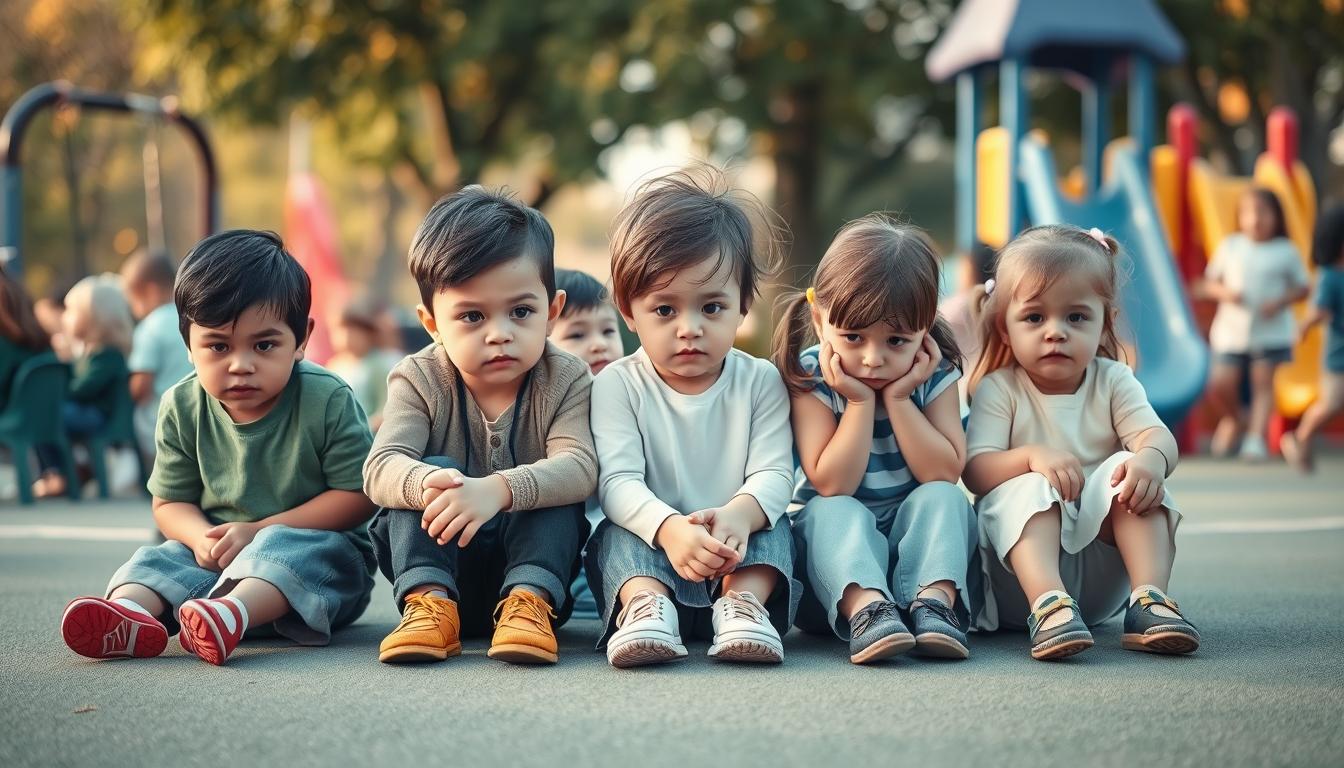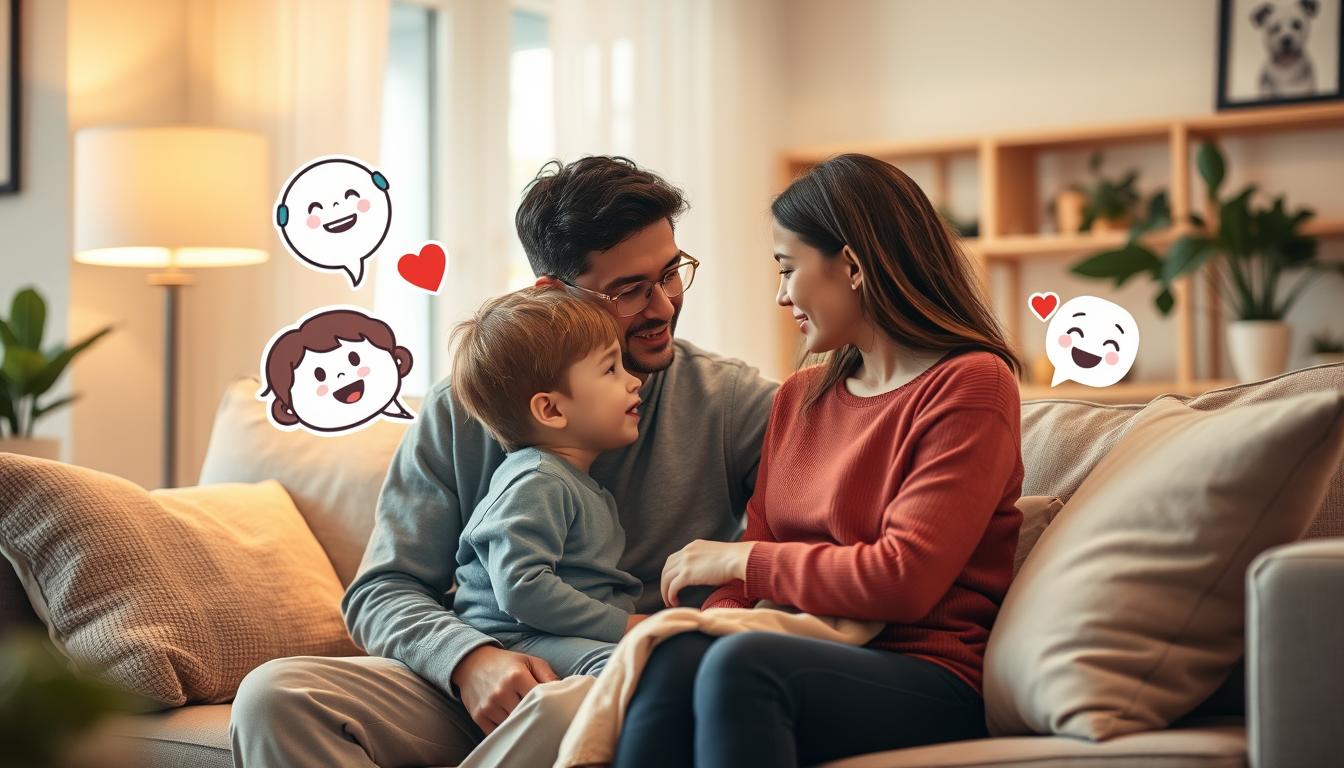As a parent, I’ve learned how vital free play is for my child’s growth. Structured activities are important, but it’s in free play that I see childhood’s magic. In this article, I’ll explore why playtime is so critical for young minds. I’ll also share how to make spaces that encourage natural play.
Key Takeaways
- Unstructured play is key for child development, boosting creativity, problem-solving, and social skills.
- Free play lets kids explore, take risks, and understand the world better.
- Creating spaces for natural play is vital for healthy growth and learning in early childhood.
- Play-based learning improves academic performance, emotional intelligence, and well-being.
- Finding the right mix of structured activities and free playtime is essential for a well-rounded child.
Understanding Free Play and Its Essential Role in Child Development
Free play is key for kids’ growth, helping them learn, make friends, and be creative. It’s different from activities that focus on specific goals. In free play, kids can explore and learn at their own pace, sparking their curiosity and wonder.
The Distinction Between Structured and Unstructured Play
Structured play, like sports or workshops, has rules and goals. It’s good but lacks the spontaneity of free play. Unstructured play lets kids decide and explore at their own speed.
Why Natural Play Experiences Matter
- Helps with cognitive growth by teaching problem-solving and decision-making.
- Improves social skills through talking, negotiating, and solving conflicts.
- Boosts creativity by letting kids use their imagination and express themselves.
Core Elements of Meaningful Play
Meaningful play is about curiosity, taking risks, and enjoying the moment. Kids in free play want to discover and challenge themselves. This helps them learn and appreciate the world around them.
“The true object of all human life is play. Earth is a task garden; heaven is a playground.” – G.K. Chesterton
The Science Behind Play-Based Learning
Exploring the role of free play in child development is fascinating. It shows how physical activity, thinking skills, and social skills are linked. This connection highlights the amazing benefits of play-based learning.
Physical play boosts a child’s thinking abilities. Research shows that play stimulates the brain. It helps create new connections and improves thinking skills.
- Studies show that physical play sharpens problem-solving and memory. It also boosts intelligence.
- Play also helps with social and emotional growth. Kids learn to handle feelings and interact with others.
- This learning is key for a child’s happiness and success later in life.
The science of play-based learning shows its huge impact on kids. It connects physical activity, thinking, and social skills. This knowledge helps us make play a priority for kids’ growth.
| Benefits of Play-Based Learning | Impact on Child Development |
|---|---|
| Physical Activity | Cognitive Development |
| Exploration and Discovery | Social-Emotional Learning |
| Creativity and Imagination | Problem-Solving Skills |
Understanding play-based learning helps us support kids’ full development. It prepares them for success in many areas of life.

“Play is the work of childhood, and it is through play that children learn, grow, and develop the skills they need to succeed in life.”
Playtime is Prime Time: The Importance of Free Play for Young Children
Parents and educators often focus on structured learning. But free play is just as important. It helps young children grow in brain development, emotional intelligence, and risk assessment.
Building Neural Connections Through Play
Free play lets children explore and solve problems on their own. This builds neural pathways for thinking and learning. It sparks their curiosity and love for learning, benefiting them for life.
Emotional Development During Free Play
Free play is key for emotional intelligence. Children learn to interact, solve conflicts, and express feelings. They develop empathy, self-control, and resilience. These skills help them understand and manage their emotions and those of others.
The Role of Risk-Taking in Play
Free play also lets children take risks in a safe way. They learn to assess and manage risks. This builds confidence, problem-solving skills, and decision-making abilities.
Free play is vital for well-rounded, emotionally intelligent kids. It offers cognitive, social, and emotional benefits. These benefits shape their development and prepare them for success in life.

Creating Optimal Play Environments at Home and School
As a parent or educator, making spaces for free play is key for a child’s growth. Play-based learning unlocks their creativity, problem-solving, and social skills. At home, I create engaging spaces for kids to explore, imagine, and take risks safely.
In school, I team up with early childhood experts to make play a big part of learning. We use natural elements, open materials, and lots of free play time. I believe letting kids lead their play boosts their motivation and love for learning.
My goal, whether at home or school, is to make play a core part of learning. I focus on strategies and practices that value free play. This way, I help prepare kids to be resilient, adaptable, and creative in a changing world.



